4 Ways to Reduce Boredom
Boredom is no fun, but it is also something that is natural to experience. So what do we do? First, you need to have a better understanding of what boredom is in order to find a path forward.
Siavash Ghanbari on Unsplash
Boredom can show up in a variety of ways. You may feel uninspired by things in life. You may feel like you're going through the motions. You may feel a general sense of being numb. Any of these feelings could resolved by doing something exciting or distracting. However, patterns of distraction do not always get to the root of why you are bored and the boredom may still be there when you are done with the activity. When dealing with persistent boredom it could be a sign of something larger.
Kelly Sikkema at Unsplash
Is it really nothing?
Bear with me for a second. Boredom is a completely internal experience. Something you find completely boring can be fascinating to someone else, like going for a walk. You also could be doing the same task, but have a completely different internal experience. For example, you could be watching TV and feeling content or you can be feeling bored.
Dan Cristian at Unsplash
It’s complex than you think.
I will often reflect to clients that boredom is often a lower sense of anxiety and restlessness. With boredom we do not feel at peace and sometimes it can be a sign to us that we are not satisfied with something in life. This can be resolved by thinking more about where you are currently in life and where you may want to be, then making steps towards these changes. Boredom can sometimes be a clinical symptom of mental health, ie. Depression.
However, I want to make it clear that just because you are bored it does not mean you have a mental health diagnosis. A diagnosis is a group of symptoms that make up a longer term experience that has been examined in collaboration with a clinical provider. These symptoms and your experience are carefully examined with a provider in order to determine the best course of treatment.
Phillip Goldsberry at Unsplash
What we normally do
When you feel bored you may do a variety of activities that help you to distract yourself. You might scroll social media, watch TV, use a substance, gamble, shop, and many other things that may pass the time. All of these are normal and natural to escape for a moment and disconnect. However disconnecting does not enhance our overall satisfaction in life.
Do not get me wrong, disconnecting is not a bad thing. We all need ways to disconnect at times or else we may get overwhelmed or stressed out. However, in a previous post on burnout I made the argument for finding activities in life that help you to recharge your energy. Disconnecting stops us from losing energy in the moment, but it does not add to our energy levels overall. When we are bored we need to feel more energy to do the things that increase our satisfaction in life. One way to increase our energy is to focus on deepening our connections, which has a positive effect on our satisfaction in life.
4 ideas to get you started in deepening your connections
Soo Chung at Unsplash
1. Explore a hobby
Setting time to explore the things you are interested in can be a way to further connect with yourself. Connecting with ourselves can also be a way to access greater creativity. Do you love to dance, paint, write, or anything else that brings joy into your life? The more joy you feel in life, the greater your life satisfaction will be. Bonus points if you can combine that with connecting to other people.
Duy Pham at Unsplash
2. Connect with others
We are social beings who are meant to connect, which can often give us a deeper sense of meaning. Try calling family or friends you may not have spoken to in a while. Try doing an activity you enjoy in a group setting. These days there are various group meet ups that you can try out that can help to “break the ice” and allow for greater connection. Deeper connections with other people has a positive effect on the meaning and purpose we find in life.
Lesly Juarez at Unsplash
3. Mindfulness or Meditation
With Mindfulness and Meditation practices we may be able to see the things we are grateful for in life we cannot see when we are sitting in boredom. We also may be able to see with clarity what we are actually wanting to do with our time versus experiencing stress of having time with too many options to pick from. Today, there are many apps to pick from to get you started and if you find it to be helpful there are often various community centers focused on teaching mindfulness and meditation practices with the added benefit of connecting with others in the community.
Amy Humphries at Unsplash
4. Volunteer
This can be helping at a soup kitchen, an animal shelter, an assisted living, and any other organization that gives back to the community. Working on something that feels bigger than just ourselves can give us a great sense of meaning in life.
***A reminder to encourage you= These may not work on the first try and that is ok. Often with boredom there is a sense of detachment from the world around you and it may take a bit to transition into feeling more connected again. You may need to try these out multiple times before you start to see progress. However, if you try one and it does not work for you AT ALL, then stop and try something else. It is about finding “what works for you”.
Dylan Mcleod at Unsplash
The Opportunity
Viewing our boredom as something that holds a message provides us an avenue to think outside of the box and try something new can be transformative. No longer having to fear or avoid a message of “something is missing from life” provides you with a path to find meaning and purpose. Therapy can be a great way to explore and understand those things that are missing or needed in life, as well as develop a plan of how to you want to prioritize and integrate those things in life more. You have an opportunity to work on find out what brings more fulfillment in life. So go out and enjoy life!









